Challenge
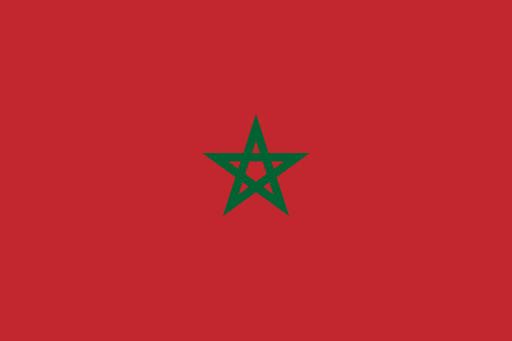
Kingdom of Morocco
The EU-Morocco trade negotiations were about collapse. Our client, the Kingdom of Morocco was in an unpalatable position, propagated by EU outrage regarding Western Sahara. Morocco was regarded as an occupier of the region, that was illegitimately using the natural resources of the invaded territory, to the detriment of the Saharawi people. Several Members States and Members of the European Parliament (MEPs) demanded that, the EU bring an end to the Agriculture Agreement, and the Fisheries Partnership Agreement with Morocco. The resolution on the “Situation in the Western Sahara,” consequently condemned the actions of the Kingdom of Morocco. Protecting the interests of Morocco required us to tackle a heavy burden of proof amid these string convictions within the EU institutions and Member States.
Strategy
Valuable EU support and advise.
H.E. Menouar Alem- Ambassador to the EU, Kingdom of Morocco
Our strategy combined economic, legal and political narratives. Pragmatically, it demonstrated how crucial from an economic standpoint the Agricultural Agreement and Fisheries Partnership were to the EU internal market. It emphasized the tangible value of such agreements to the Saharawi people, while simultaneously showing the intangible nature of the accusations against Morocco. To do so it articulated the legality of Morocco actions through public international law discourse.
The EU-Morocco relationship is a ‘success-story’ in the region.
Stefan Füle- Former EU Commissioner for Enlargement and European Neighbourhood Policy
It drew on specific Member State and organizational interests in the fishing and agricultural sector while simultaneously recruiting these interests into a targeted media campaign. It assimilated an overarching sentiment that such stabilizing agreements were needed, in the aftermath of the Arab Spring. It drifted EU institutional thought processes along their own rational that trade must follow the rule of law. However, it did so by flipping the script, in showing the potential these agreements had for strengthening regional stability and international adherence to the law.
Results
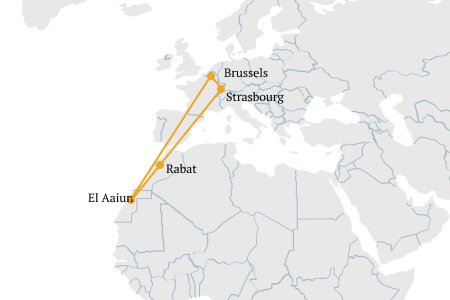 Alber & Geiger was able to facilitate the signing of a new protocol, guiding the Morocco-EU relationship into a new and more dynamic framework. Creating a stable platform for long term sustainable trade relations that are vital to the security of the region. It was our ability to navigated the EU’s multifaceted foreign policy that allowed us to ensure this result for Morocco.
Alber & Geiger was able to facilitate the signing of a new protocol, guiding the Morocco-EU relationship into a new and more dynamic framework. Creating a stable platform for long term sustainable trade relations that are vital to the security of the region. It was our ability to navigated the EU’s multifaceted foreign policy that allowed us to ensure this result for Morocco.
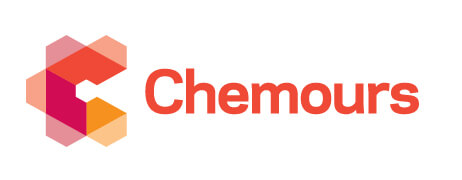
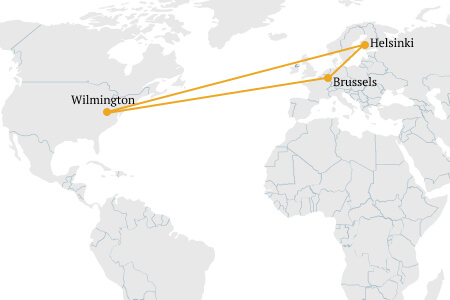 With the experts opinion from the ECHA’s Risk Assessment Committee delivered to the European Commission, our team quickly embarked on a campaign aimed at highlighting the broader ramifications of classification on other EU policies and beyond Titanium Dioxide. We pursued a strategy that put the spotlight on loss of consumer choice, impact on jobs and EU competitiveness as well as cost to downstream users. Alber & Geiger also broadened the issue to include political considerations and other players. On top of the European Commission, in particular DG Envi and
With the experts opinion from the ECHA’s Risk Assessment Committee delivered to the European Commission, our team quickly embarked on a campaign aimed at highlighting the broader ramifications of classification on other EU policies and beyond Titanium Dioxide. We pursued a strategy that put the spotlight on loss of consumer choice, impact on jobs and EU competitiveness as well as cost to downstream users. Alber & Geiger also broadened the issue to include political considerations and other players. On top of the European Commission, in particular DG Envi and 
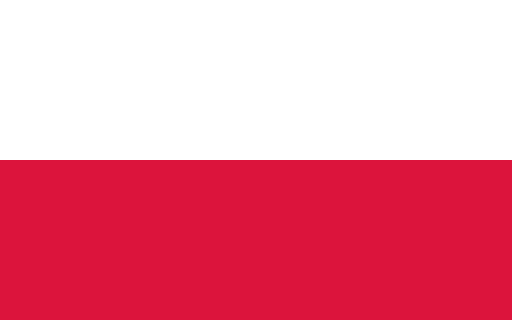
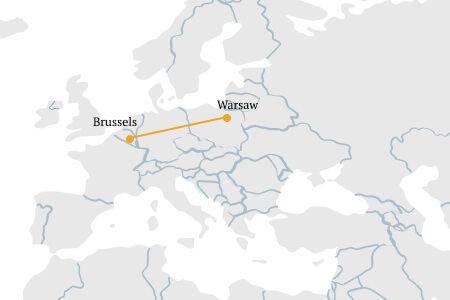 We approached several DGs in the European Commission and all the responsible committees in the European Parliament demonstrating that this was a practical case confirming the EU concerns stated in the infringement proceedings against Poland. We gathered thereby EU political support towards the Polish government ensuring that our client receives fair trial and proportionate treatment as to be expected from an EU member state. We did so by informing the EU institutions over the shortcomings of the legal process in Poland and the unjustifiable measures against our client, placing our case on the European Commission’s radar in the ongoing infringement proceeding against Poland and into the European Parliament’s resolution on the rule of law and democracy in Poland.
We approached several DGs in the European Commission and all the responsible committees in the European Parliament demonstrating that this was a practical case confirming the EU concerns stated in the infringement proceedings against Poland. We gathered thereby EU political support towards the Polish government ensuring that our client receives fair trial and proportionate treatment as to be expected from an EU member state. We did so by informing the EU institutions over the shortcomings of the legal process in Poland and the unjustifiable measures against our client, placing our case on the European Commission’s radar in the ongoing infringement proceeding against Poland and into the European Parliament’s resolution on the rule of law and democracy in Poland.
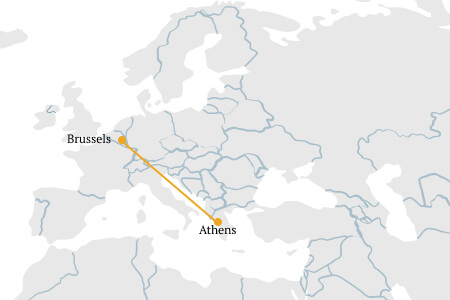 Our ability to combine legal, economic, social and political arguments ensured the approval of the entire project under the EU State aid rules. The European Commission cleared the funding for the construction of the southern part of the motorway. Later, the European Commission cleared the path for the construction of the northern section of the E65.
Our ability to combine legal, economic, social and political arguments ensured the approval of the entire project under the EU State aid rules. The European Commission cleared the funding for the construction of the southern part of the motorway. Later, the European Commission cleared the path for the construction of the northern section of the E65.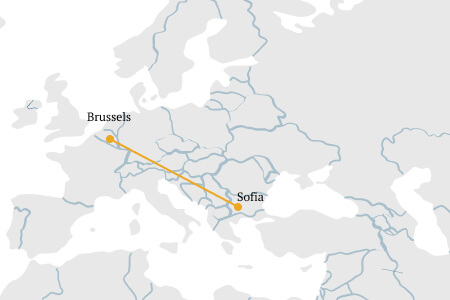 By demonstrating the bigger picture of Bulgaria reaching out to Russian nuclear energy investments on the back of chasing out Western investors, we were able to create a strategy that targeted the European Commission and the European Parliament, dealing with energy security, environmental standards and compliance as well as the rule of law and investment protection, and shift away from a EU State aid consideration only.
By demonstrating the bigger picture of Bulgaria reaching out to Russian nuclear energy investments on the back of chasing out Western investors, we were able to create a strategy that targeted the European Commission and the European Parliament, dealing with energy security, environmental standards and compliance as well as the rule of law and investment protection, and shift away from a EU State aid consideration only.
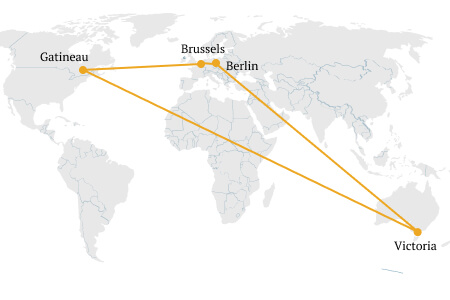
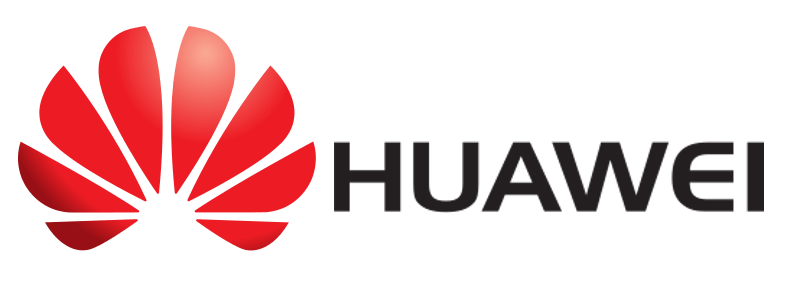
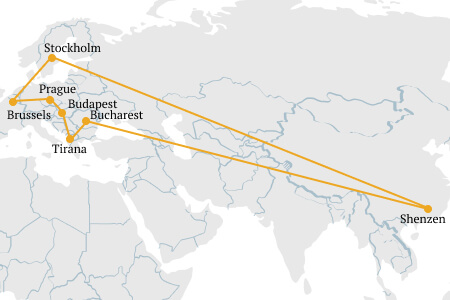 Our engagement demonstrated to EU law makers that there was no Chinese government involvement in Huawei’s business strategies, let alone any cyber security issue with Huawei’s devices. By doing so, we advanced Huawei’s business interests in Europe.
Our engagement demonstrated to EU law makers that there was no Chinese government involvement in Huawei’s business strategies, let alone any cyber security issue with Huawei’s devices. By doing so, we advanced Huawei’s business interests in Europe.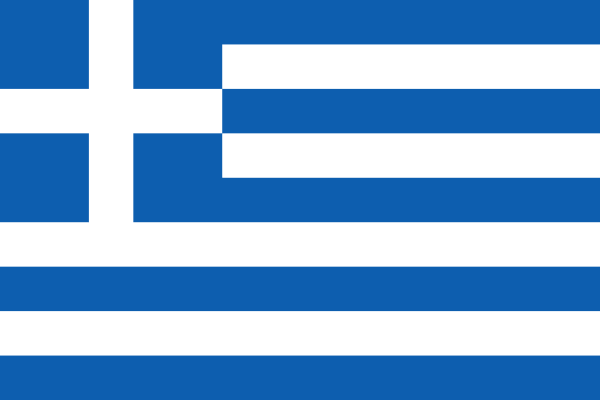
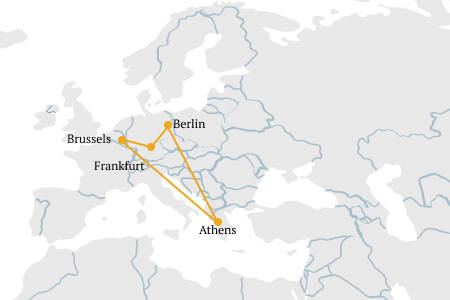 Alber & Geiger approached directly the European banking regulators and pressed the European Commission and its respective Directorates to announce their clearance of alleged irregularities. We emphasized the importance of investigations being short to not harm the image of the bank and its management. We then sought to restructure the confidence on the Greek and European financial sector vis-à-vis the EU and German lawmakers and administrators. Our message put on the spotlight the bureaucratic approach and lengthy investigation on the bank itself, highlighting the lurking threat of economic and social instability of requiring more EU taxpayers’ money to the rescue.
Alber & Geiger approached directly the European banking regulators and pressed the European Commission and its respective Directorates to announce their clearance of alleged irregularities. We emphasized the importance of investigations being short to not harm the image of the bank and its management. We then sought to restructure the confidence on the Greek and European financial sector vis-à-vis the EU and German lawmakers and administrators. Our message put on the spotlight the bureaucratic approach and lengthy investigation on the bank itself, highlighting the lurking threat of economic and social instability of requiring more EU taxpayers’ money to the rescue.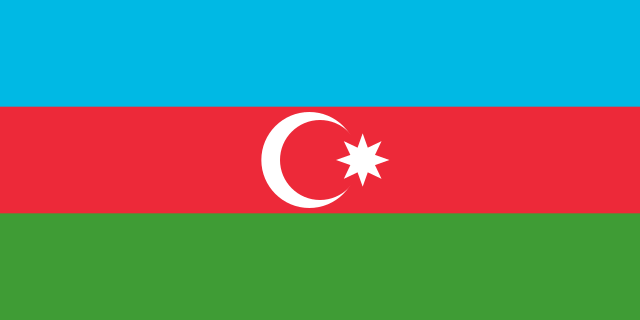
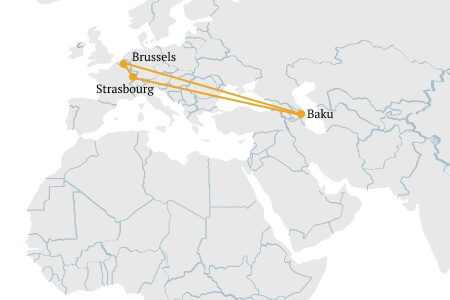 Ultimately we secured a complete pardon for both of the Aliyevs. However, the broader reach of this mandate was the raising of awareness regarding human rights issues in Azerbaijan. This put the EU-Azerbaijani relationship on a trajectory of greater trust. The sensitive political dynamics were tackled head on and resolved with expedience.
Ultimately we secured a complete pardon for both of the Aliyevs. However, the broader reach of this mandate was the raising of awareness regarding human rights issues in Azerbaijan. This put the EU-Azerbaijani relationship on a trajectory of greater trust. The sensitive political dynamics were tackled head on and resolved with expedience.
 Alber & Geiger was able to facilitate the signing of a new protocol, guiding the Morocco-EU relationship into a new and more dynamic framework. Creating a stable platform for long term sustainable trade relations that are vital to the security of the region. It was our ability to navigated the EU’s multifaceted foreign policy that allowed us to ensure this result for Morocco.
Alber & Geiger was able to facilitate the signing of a new protocol, guiding the Morocco-EU relationship into a new and more dynamic framework. Creating a stable platform for long term sustainable trade relations that are vital to the security of the region. It was our ability to navigated the EU’s multifaceted foreign policy that allowed us to ensure this result for Morocco.
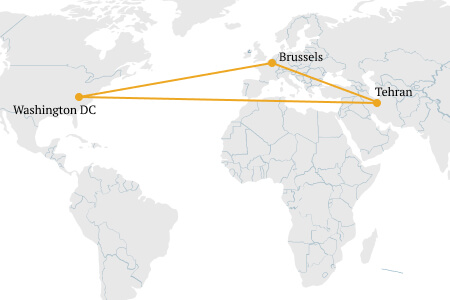 The strategy relied on a data collection and dissemination process based on our distinct EU lobbying infrastructure. We gathered a detailed pool of information from a holistic range of institutional, local, NGO and inter-governmental sources. Subsequently our team translated the data to be compatible with the policy structures of the EU institutions. We tailored the message to different audience catchments of Member States. Overall the strategy outlined an accurate overview of the scale of repression and human rights violations in Iran. Concurrently it promoted positive transnational tools to tangibly shape policy accordingly.
The strategy relied on a data collection and dissemination process based on our distinct EU lobbying infrastructure. We gathered a detailed pool of information from a holistic range of institutional, local, NGO and inter-governmental sources. Subsequently our team translated the data to be compatible with the policy structures of the EU institutions. We tailored the message to different audience catchments of Member States. Overall the strategy outlined an accurate overview of the scale of repression and human rights violations in Iran. Concurrently it promoted positive transnational tools to tangibly shape policy accordingly.